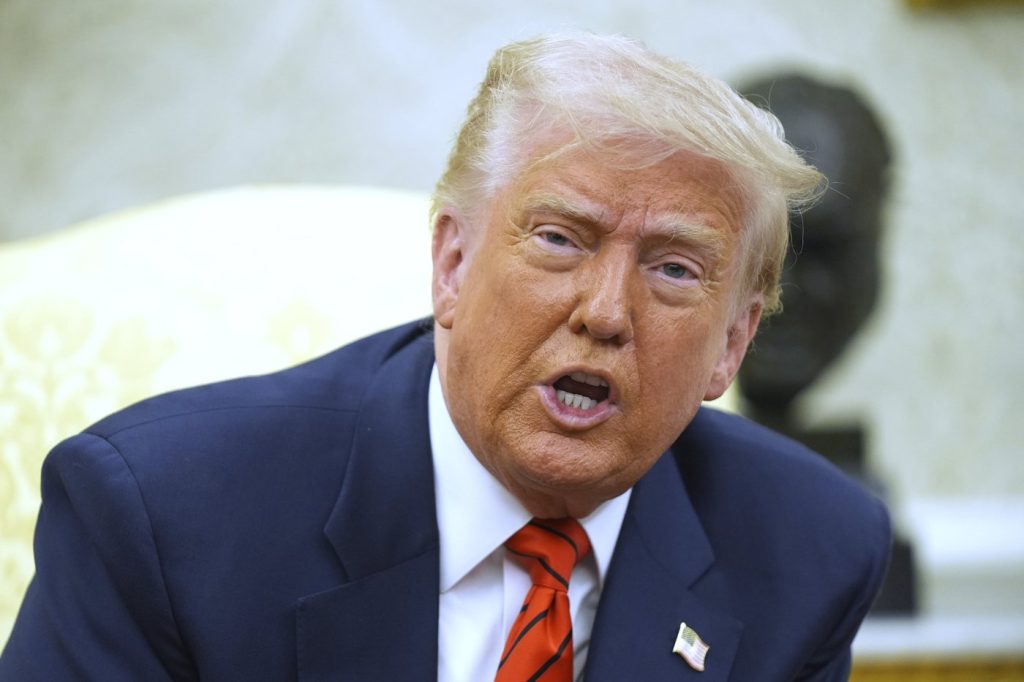President Donald Trump recently signed a proclamation to establish a day of commemoration for the United States to celebrate its victory in World War II, aligning with similar observances in European countries. The designated date for this celebration is May 8, marking the 80th anniversary of Victory in Europe Day, the day when Nazi Germany surrendered to Allied forces, which included significant contributions from the U.S.
In cities around the world—from London to Moscow—celebrations such as parades, flyovers, and memorial events are taking place as part of the global acknowledgment of this historic event. Trump expressed his gratitude in the proclamation, stating, “As we commemorate Victory Day for World War II, we offer our unending thanks to every patriot from the Greatest Generation who left behind his home and family to fight for our freedom in distant lands.” He emphasized the importance of remembering those who sacrificed their lives during the war, as well as reaffirming the U.S. commitment to safeguarding freedom and security globally.
World War II officially ended on May 8, 1945, and this newly designated Victory Day serves to highlight the U.S. role in achieving that victory. Notably, Trump also indicated he would plan a similar celebration for World War I, which concluded on November 11, 1918. While these proclamations are significant, it is important to note that neither date will be recognized as a federal holiday without congressional action.
In his discussions on social media, Trump has voiced his concerns about the U.S. not sufficiently honoring its military victories in comparison to other nations. He stated that he would be renaming May 8 as Victory Day for World War II and November 11 as Victory Day for World War I. He remarked, “Many of our allies and friends are celebrating May 8th as Victory Day… but we never celebrate anything.” He criticized past leadership for failing to recognize military accomplishments, asserting that the U.S. had a larger role than any other country in winning both World Wars, and he intends to restore this sense of recognition which he feels has been lacking.
Despite the assertiveness in Trump's declarations, November 11 is already recognized as Veterans Day in the U.S. Moreover, it is highlighted that only Congress holds the authority to formally create or rename public holidays. This has led Trump to clarify his stance, suggesting he would be declaring national holidays to celebrate these victories instead of attempting to rename existing ones.
The proclamation includes the explicit designation of May 8, 2025, as a day for celebrating Victory Day for World War II. As the world reflects on this notable historical event, Trump's initiative aims to reposition the United States’ acknowledgment of its critical role in achieving victory during World War II, emphasizing the need for national celebrations in a manner similar to countries around the globe.











